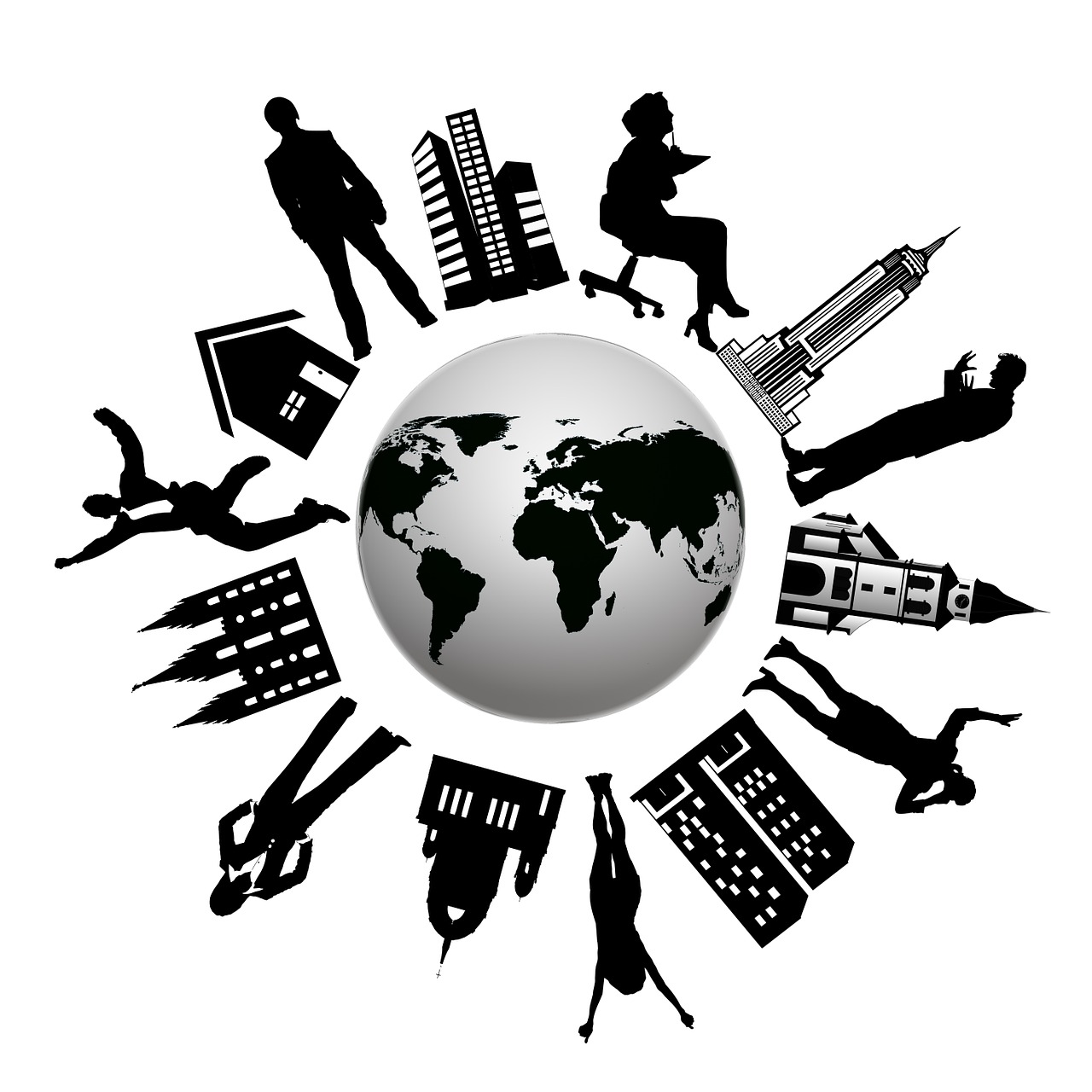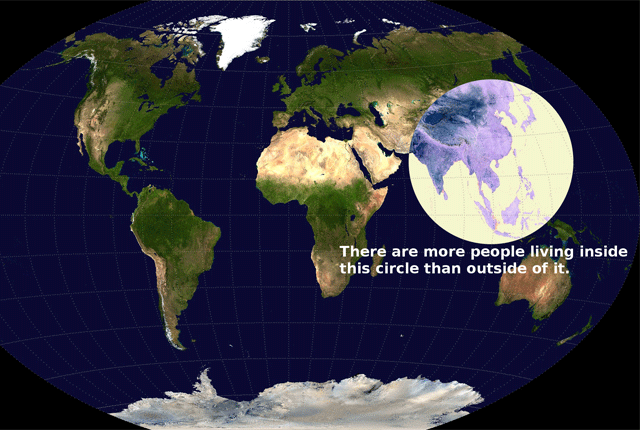Cultural Intelligence
How to be successful and make the most of a culturally diverse community

Cultural intelligence (CQ) refers to our capability to effectively and confidently perform in situations of diversity. In today’s shrinking world where crossing boundaries is routine, CQ is critical to success. We want people who gravitate towards difference - people who can learn to adapt, communicate effectively and build diverse networks. Research has shown that individuals who improve their CQ are more effective communicators cross-culturally, have enhanced job performance and improved creativity and innovation (SHRM Foundation, 2015).
Regardless of our situation, whether we are expats/migrants living overseas, part of a global team in an international work or study environment, or simply an inhabitant of a multicultural city like Sydney, it is important that we function well in any given situation, regardless of who it is we are dealing with. Living, working or socialising with individuals from a diverse range of cultures involves adapting to unfamiliar beliefs, values and worldviews, which isn’t always a natural or comfortable experience.

As an expat myself, having lived in a number of countries including England, Scotland, the U.S., Thailand, Germany, and now Australia, I’ve learnt how important it is to be adaptable - to know different ways of thinking, communicating and solving problems. But most importantly, I have learnt that a little goes a long way. You don’t need to, for example, master a language to be able to develop some level of cultural understanding. In fact, being able to speak the language does not necessarily mean you understand the associated culture and all its idiosyncrasies. Instead, CQ is acquired through our experiences and mutually accepting and trusting people to impart their knowledge and share experiences.
Although I have developed an understanding of a number of cultures, for me, working at Top Education Institute is my first real encounter with Chinese culture, and like any other, I am embracing the situation. Working closely with Chinese colleagues, in the short time I've been here I have already learnt so much, but I know in reality I've only just began to look through the keyhole. To further increase my knowledge and understanding, I attended a talk about Cross Cultural Communication in China with David Thomas, organised by the Australian Services Roundtable (ASR). The presentation opened with the following image:
 Photo credit Valerie Pieris
Photo credit Valerie PierisWithin this circle is China, the engine of world growth and fastest growing country in the world. Sitting just on the outside of the circle, Australia is in the perfect position to get involved. The best way for Australia to get inside the circle is to work with the people inside it. In the words of David Thomas, “This is the biggest opportunity facing anybody right now”.
As a result of China’s well-defined ‘going out’ strategy, aimed at diversification and learning how westerners do business in order to help China’s industry go global, Australia has become the second largest destination of Chinese investment. In the last two years, investment from China has spread from mining to infrastructure, renewable energy, and other sectors and investments are also starting to spread to agriculture, healthcare, education and tourism. Ergo, the relationship with China has become one of Australia’s most important partnerships.
However, like any partnership, it faces challenges, many of which are related to culture. Understanding culture is difficult and it is a process that cannot be rushed. For example, according to Chinese culture, it is important to build a rapport; showing an appreciation, knowledge and understanding of Chinese culture is the first step to success, followed by building up trust and connections. Without this cultural awareness and understanding, you may not get very far. This differs greatly to Australian culture, where people do not necessarily need to get along in order to do business.
So in a culturally diverse environment like TOP, which presents the perfect opportunity to increase your cultural intelligence, why not make the most of it - dive right in, get involved, build global connections and learn a little about another culture that could help you succeed in the growing global community.
Caroline Thornton, English Language and Academic Skills Coordinator
References:
Earley, C. and Mosakowski, E. (2004) Cultural Intelligence. Harvard Business Review, 82 (10): 139-46.
SHRM Foundation (2015). Cultural Intelligence: The Essential Intelligence for the 21st Century. United States of America.